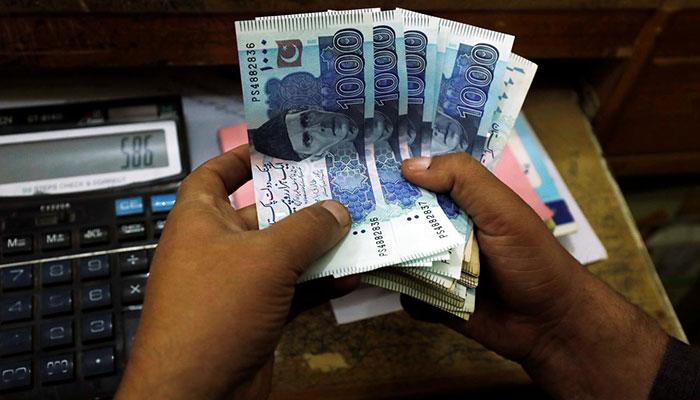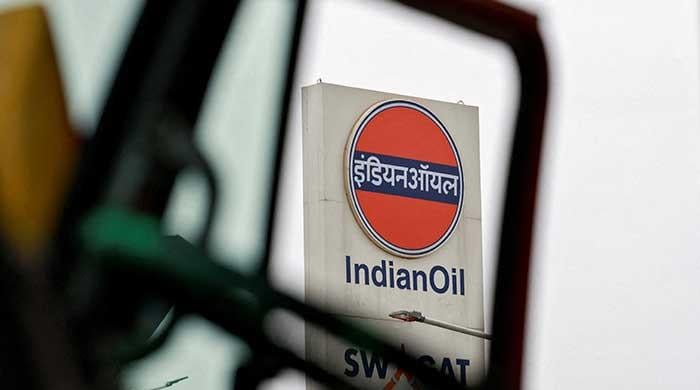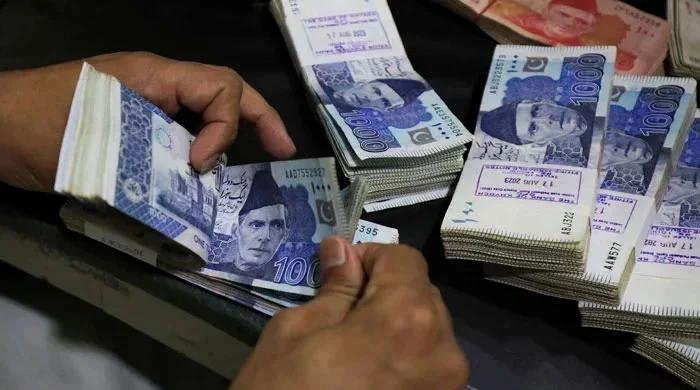Inflation breaks ten-year record in Pakistan after increase in prices of commodities, transport: EIU
UK-based group claims government deferred increase in gas prices due to political considerations
February 07, 2020

Inflation in Pakistan during January 2020 was the highest recorded since December 2010, according to research by United Kingdom-based financial forecasting and advisory group Economist Intelligence Unit.
The research, reported Geo News, further indicated that the rise in the prices of everyday items during the first month of 2020 was higher than expected, and led to a rise in inflation across Pakistan, breaking a decade-old record in the process.
Also read: Recent spike in inflation is transitory, claims SBP
The increase in prices of everyday items was caused by a glitch in their supply to the markets, the group claimed. The increase in prices of wheat, sugar, and tomatoes was cited as examples for the rising inflation.
However, the financial research firm further said that an 18.6% rise in transport fares - a sector of the economy directly linked to many others - was another factor which contributed to the rise in inflation.
Also read: Federal minister Asad Umar says inflation will reduce in 2020
The group forecast that rising prices would remain a problem for Pakistanis in the coming months, claiming that the government had deferred a decision to increase gas prices because of political considerations.
According to the EIU, the increase in gas prices would have been a key part of increasing the non-tax revenue of the government, easing pressures related to loan payments of an International Monetary Fund program that Pakistan availed last year.
Also read: Pakistan likely to miss growth target: SBP
The research and future forecast regarding inflation in Pakistan by EIU came after the State Bank of Pakistan earlier this week said that the increase in inflation was only transitory.
The State Bank of Pakistan (SBP) had on Monday declared that the recent spike in inflationary pressure was a ‘transitory’ phenomena. Contrary to claims of the EIU, the bank had also said it was expecting the spike in prices.











